Frances E. Lee - Insecure Majorities: Congress and the Perpetual Campaign
Here you can read online Frances E. Lee - Insecure Majorities: Congress and the Perpetual Campaign full text of the book (entire story) in english for free. Download pdf and epub, get meaning, cover and reviews about this ebook. City: Chicago, year: 2016, publisher: University of Chicago Press, genre: Science / Politics. Description of the work, (preface) as well as reviews are available. Best literature library LitArk.com created for fans of good reading and offers a wide selection of genres:
Romance novel
Science fiction
Adventure
Detective
Science
History
Home and family
Prose
Art
Politics
Computer
Non-fiction
Religion
Business
Children
Humor
Choose a favorite category and find really read worthwhile books. Enjoy immersion in the world of imagination, feel the emotions of the characters or learn something new for yourself, make an fascinating discovery.
- Book:Insecure Majorities: Congress and the Perpetual Campaign
- Author:
- Publisher:University of Chicago Press
- Genre:
- Year:2016
- City:Chicago
- Rating:4 / 5
- Favourites:Add to favourites
- Your mark:
Insecure Majorities: Congress and the Perpetual Campaign: summary, description and annotation
We offer to read an annotation, description, summary or preface (depends on what the author of the book "Insecure Majorities: Congress and the Perpetual Campaign" wrote himself). If you haven't found the necessary information about the book — write in the comments, we will try to find it.
WithInsecure Majorities,Frances E. Lee offers a controversial new perspective on the rise of congressional party conflict, showing how the shift in competitive circumstances has had a profound impact on how Democrats and Republicans interact. For nearly half a century, Democrats were the majority party, usually maintaining control of the presidency, the House, and the Senate. Republicans did not stand much chance of winning majority status, and Democrats could not conceive of losing it. Under such uncompetitive conditions, scant collective action was exerted by either party toward building or preserving a majority. Beginning in the 1980s, that changed, and most elections since have offered the prospect of a change of party control. Lee shows, through an impressive range of interviews and analysis, how competition for control of the government drives members of both parties to participate in actions that promote their own partys image and undercut that of the opposition, including the perpetual hunt for issues that can score political points by putting the opposing party on the wrong side of public opinion. More often than not, this strategy stands in the way of productive bipartisan cooperationand it is also unlikely to change as long as control of the government remains within reach for both parties.
Frances E. Lee: author's other books
Who wrote Insecure Majorities: Congress and the Perpetual Campaign? Find out the surname, the name of the author of the book and a list of all author's works by series.



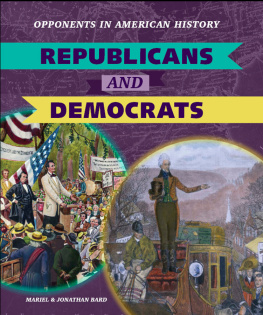
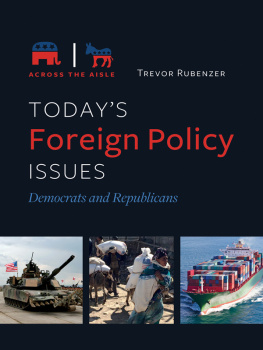
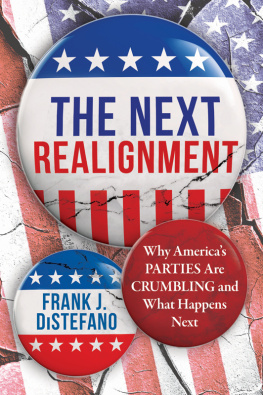


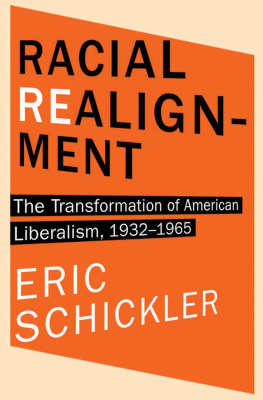
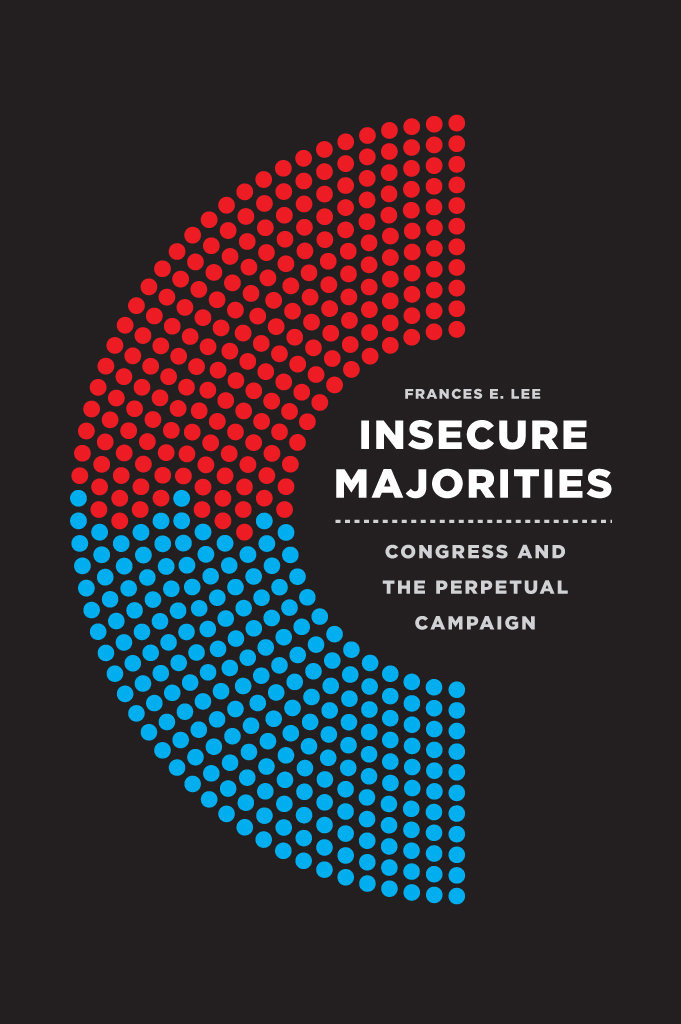
 This paper meets the requirements of ANSI / NISO Z 39.48-1992 (Permanence of Paper).
This paper meets the requirements of ANSI / NISO Z 39.48-1992 (Permanence of Paper).